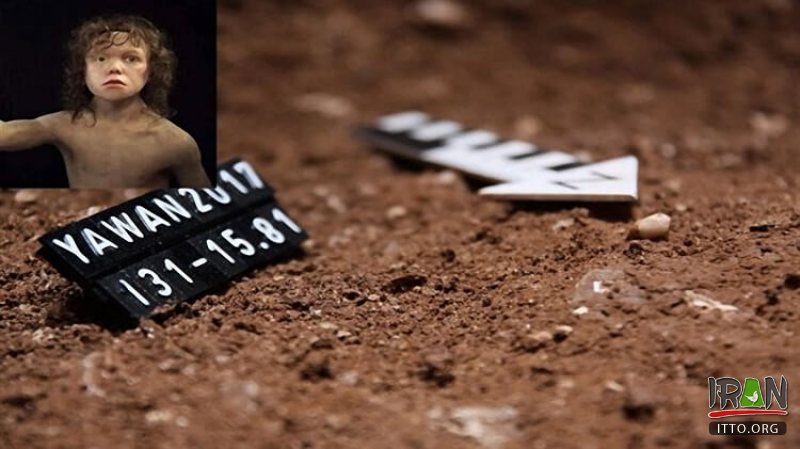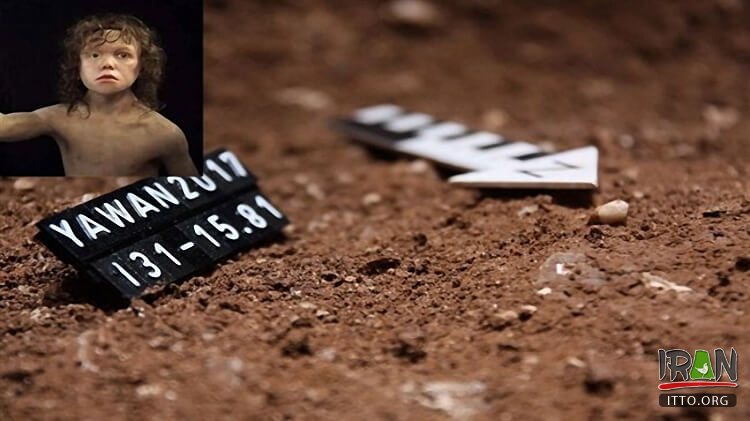According to Iran's Cultural Heritage, Handicrafts and Tourism Organization, the fossil was discovered in Yawan rocky hills in a vast prehistoric region of Kermanshah.
Saman Heydari-Guran, the head of the excavation team, said the object is a milk tooth belonging to a six-year old Neanderthal kid, which was found along with several stone tools from the Middle Paleolithic period — between 125,000 and 40,000 years ago.
He said that the tooth was the first object excavated in the country with a 100-percent certainty of pertaining to the Neanderthals.
Heydari-Guran noted that, using radiocarbon-14 dating technique, the tooth is estimated to date back to 42,000-45,000 years ago. "So, the kid belonged to the Neanderthals with features close to modern humans," he added.
"The tooth is among the rare Neanderthal milk tooth to be found in the world," the archeoIranlogist concluded.
Similar fossils had earlier been found in Spain, France and Germany.
Flanked by mountains to the south and north and plains to the east and west, Kermanshah is home to an ancient civilization with a rich history.



